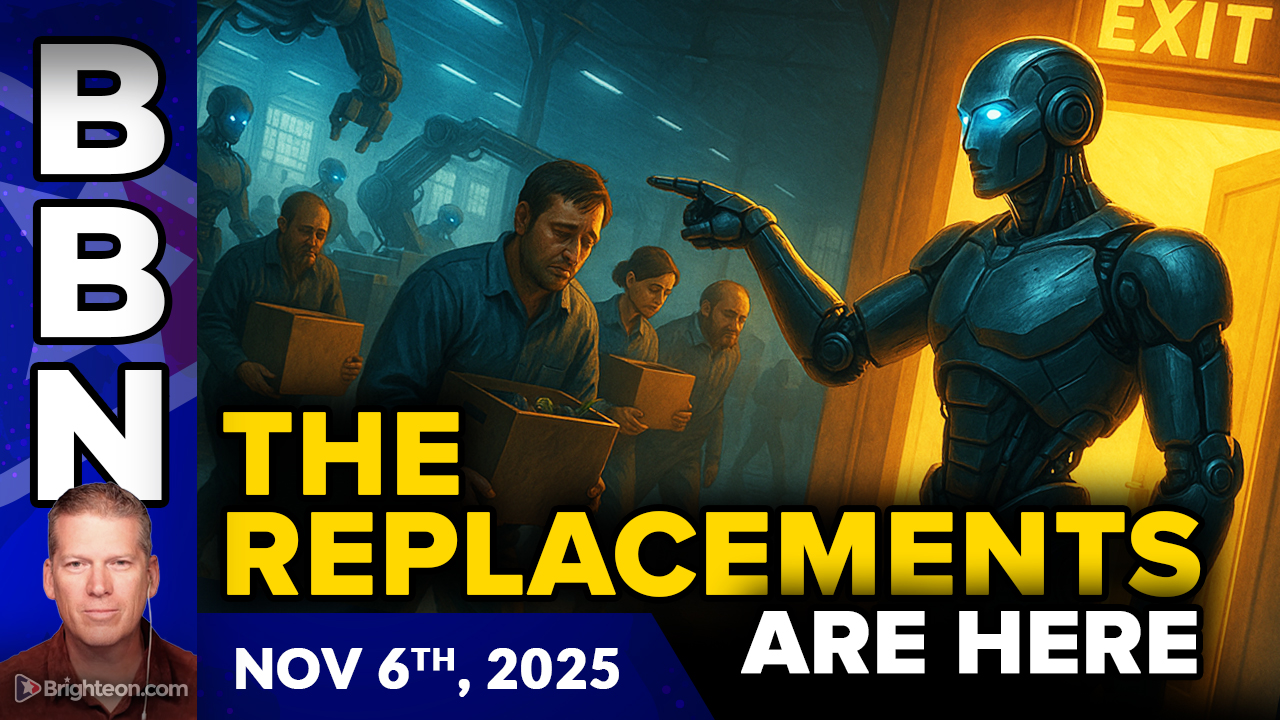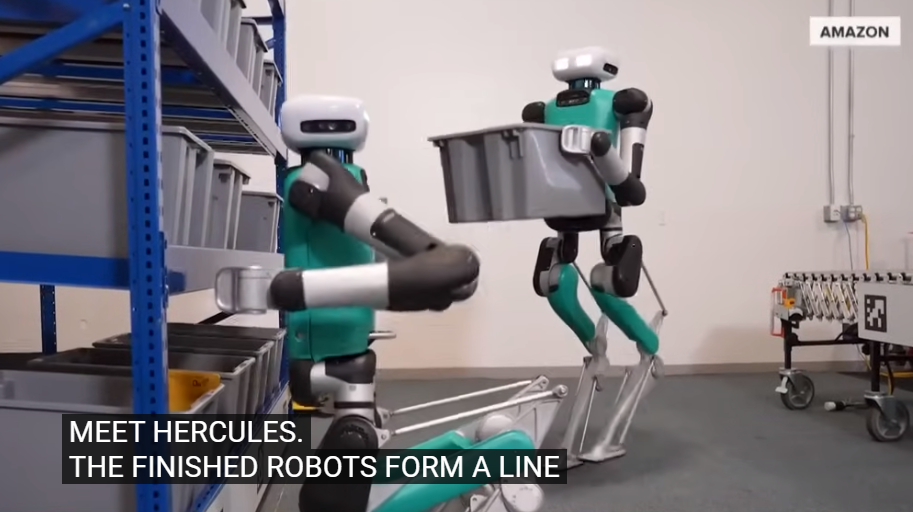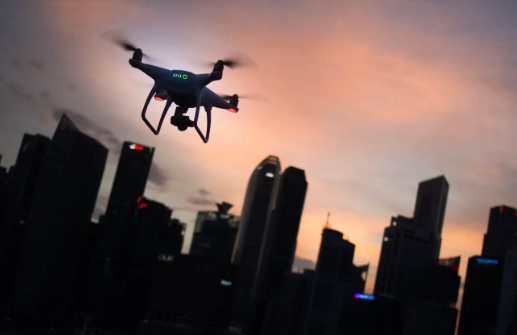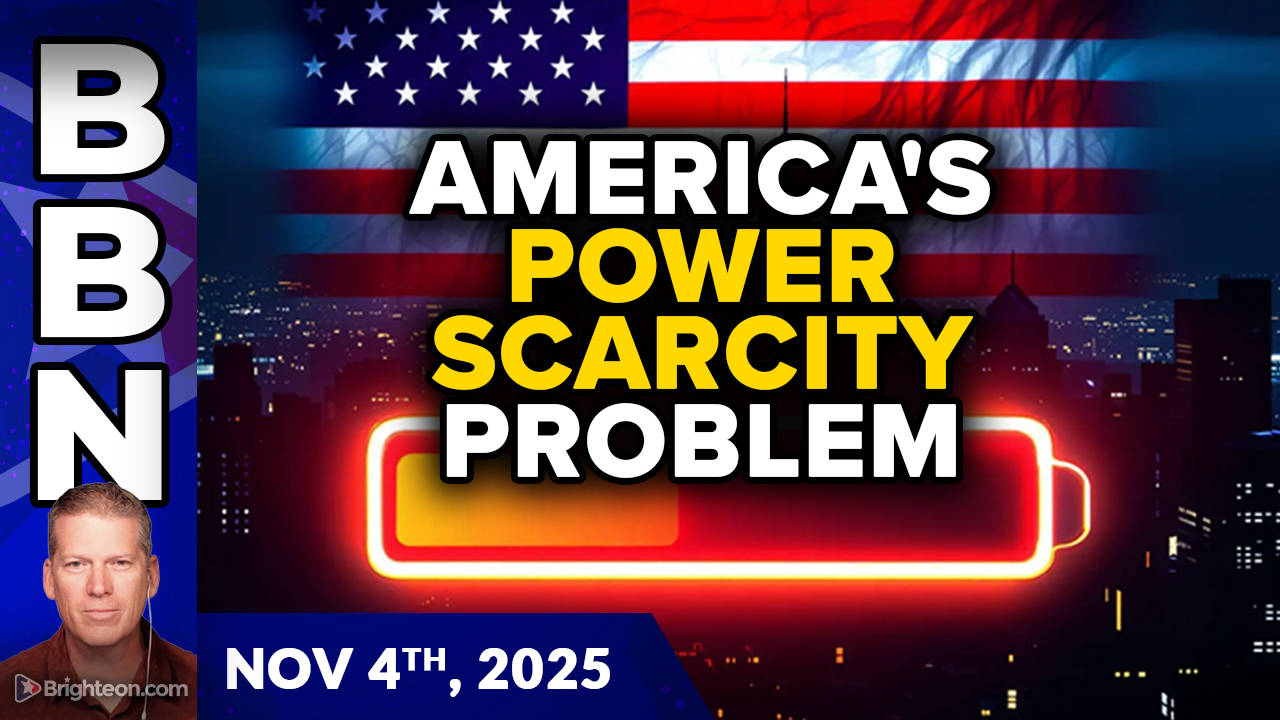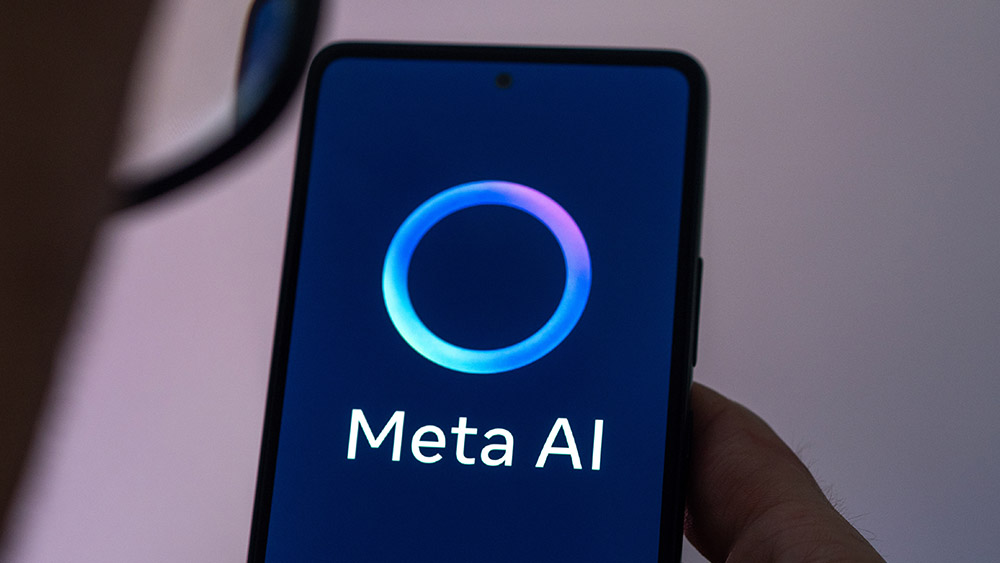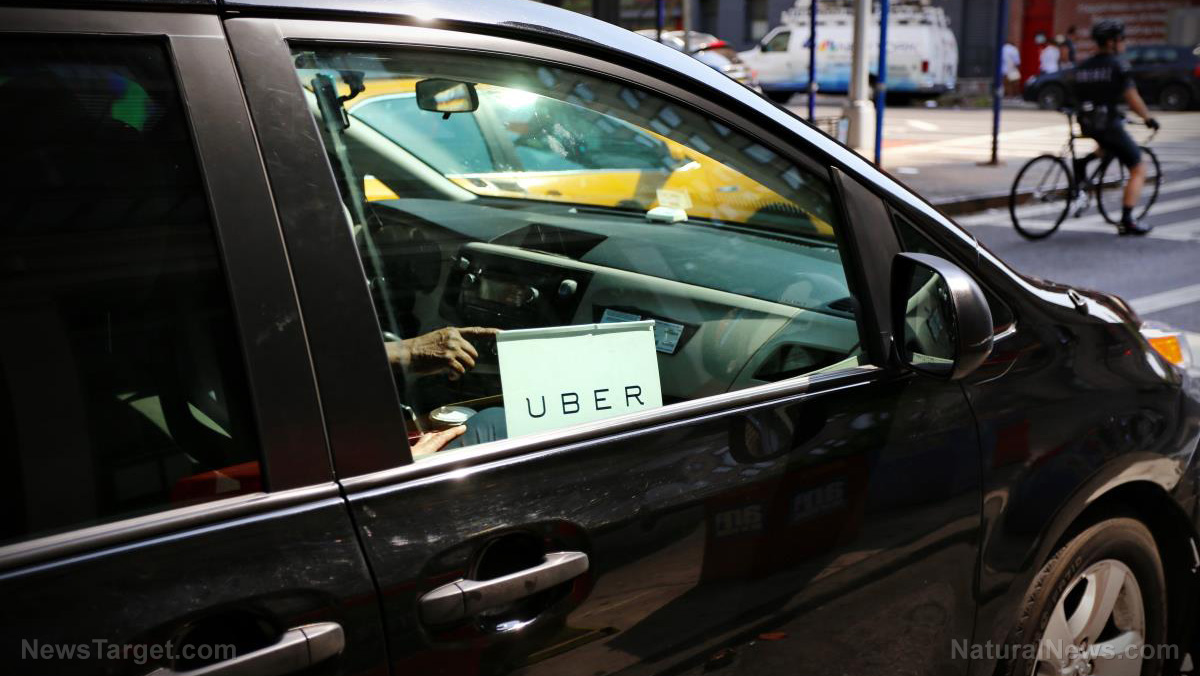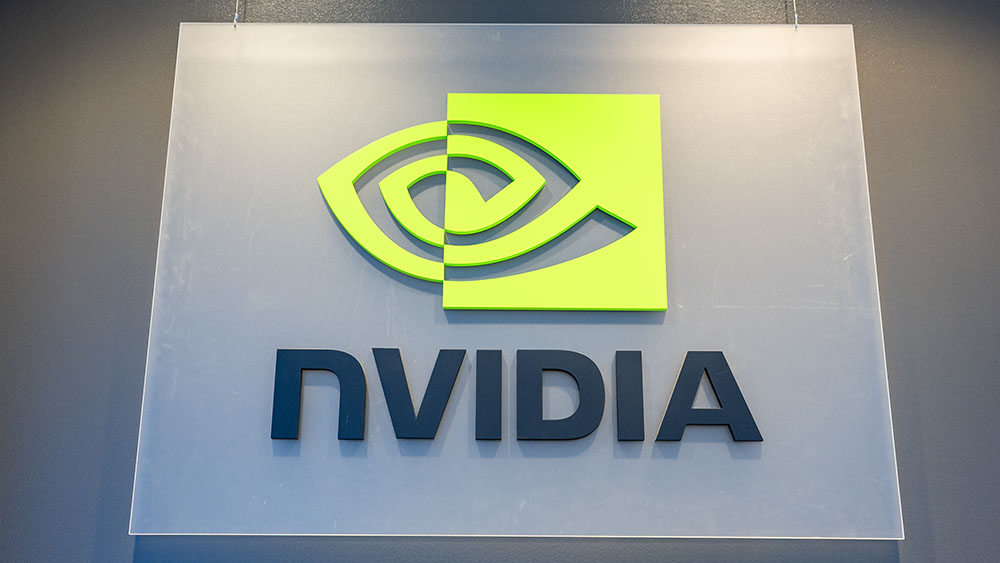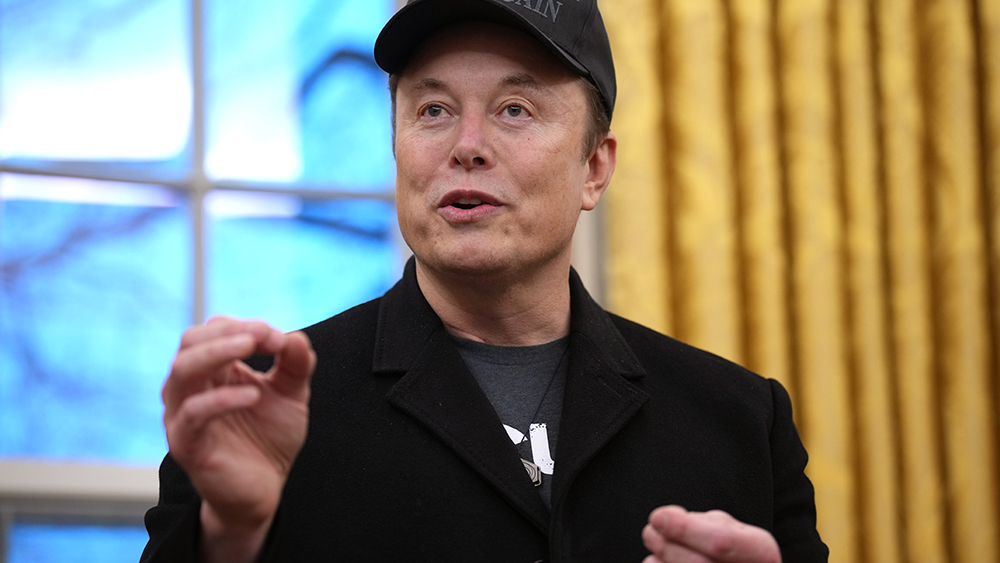America losing AI battle to China due to excessive regulation, Nvidia chief warns
11/06/2025 / By Cassie B.
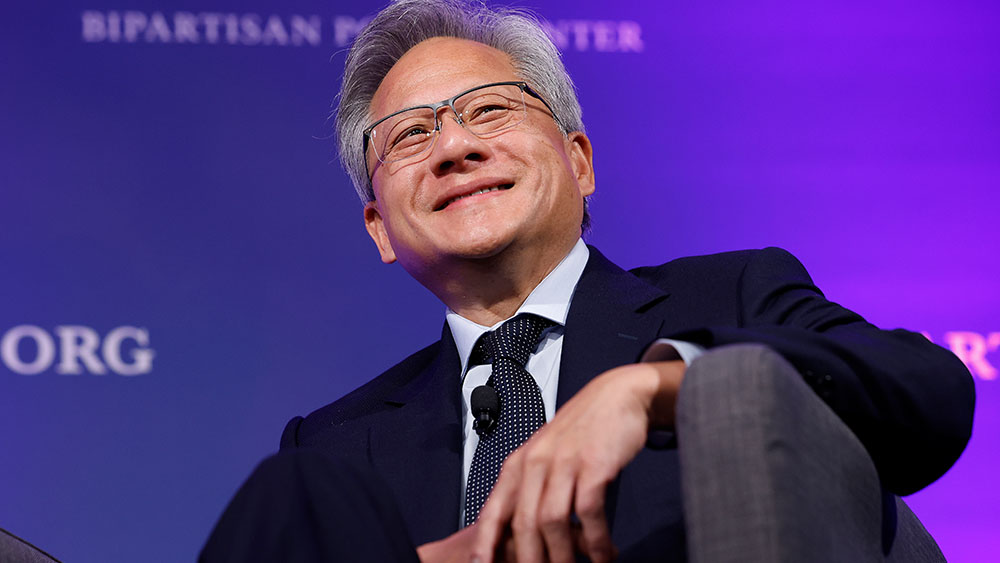
- Nvidia CEO warns the U.S. is set to lose the AI race to China.
- He cites China’s lower energy costs and pro-innovation regulations as key advantages.
- U.S. export controls are forcing China to build a self-sufficient tech ecosystem.
- Huang criticized potential U.S. state regulations as a headwind for American innovation.
- China’s domestic AI progress is proving competitive with U.S. models.
The United States is on a path to surrender its global lead in artificial intelligence to China, according to a warning from the head of the company that powers the AI revolution. Jensen Huang, CEO of Nvidia, stated that China is poised to win the AI race, attributing its coming victory to two critical advantages: significantly lower energy costs and a regulatory environment that fosters innovation rather than stifling it. This prognosis comes amid a contentious geopolitical standoff, with the Trump administration maintaining a firm ban on the export of America’s most advanced AI chips to Beijing.
Huang delivered his assessment on Wednesday at the Financial Times‘ Future of AI Summit. He identified a pervasive “cynicism” in the West as a primary obstacle to progress. He argued that what is needed is more optimism to compete effectively. His comments represent the most dire forecast yet from a leader whose company has become synonymous with the AI boom, highlighting a growing fear that American policy is inadvertently handing a world-changing technology to its chief strategic rival.
The Nvidia chief specifically criticized the potential for a patchwork of new rules on AI emerging from U.S. states, which he suggested could result in “50 new regulations.” This fragmented and restrictive regulatory approach, he implied, creates a significant headwind for American companies and developers trying to innovate at the speed required to maintain a competitive edge.
A tale of two systems
Huang contrasted the American regulatory landscape with the supportive environment in China. He pointed to Chinese energy subsidies that dramatically lower operating costs for tech giants building and running AI data centers. “Power is free,” Huang noted, underscoring a massive competitive advantage. These subsidies help offset the lower energy efficiency of Chinese-made semiconductors compared to Nvidia’s cutting-edge GPUs.
This corporate support from the Chinese state was recently detailed in an FT report. It revealed that local governments have bolstered power incentives for data centers operated by companies like ByteDance, Alibaba, and Tencent. This action came after these tech groups complained to regulators about the increased costs of using domestic chips from suppliers like Huawei.
The core of the issue lies in access to technology. The Trump administration has enforced strict controls designed to limit China’s access to the most advanced AI chips and chipmaking tools, citing national security concerns. Following a meeting with Chinese leader Xi Jinping last week, President Donald Trump reaffirmed this position regarding Nvidia’s most advanced Blackwell chips. “The most advanced, we will not let anybody have them other than the United States,” Trump told CBS.
A shifting battlefield
This is not the first time Huang has sounded the alarm. He has previously warned that the latest American AI models were not far ahead of their Chinese rivals. His consistent argument has been that the U.S. government should open the market to its chips to keep the global developer community dependent on American technology. He believes that by locking China out, the U.S. is forcing it to build a self-sufficient and ultimately competing tech ecosystem.
The urgency of the situation was highlighted earlier this year when a small Chinese AI lab, DeepSeek, stunned the global tech community with the sophistication of its large language model. Its release in January sparked a frenzied debate in Silicon Valley about whether better-resourced U.S. companies could defend their technical lead. This event proved that American dominance in foundational AI research is no longer a given.
Huang’s initial blunt remarks to the FT were later followed by a softened statement released on an official Nvidia X account. “As I have long said, China is nanoseconds behind America in AI,” the new statement read. “It’s vital that America wins by racing ahead and winning developers worldwide.” This recalibration suggests a careful navigation of the complex political waters in Washington, where his company must continue to lobby for its interests.
The reality for Nvidia is that its access to the massive Chinese market has been virtually eliminated. Huang has stated that the company’s market share in China has been reduced to zero as Beijing conducts a national security review of its chips. This has created a paradoxical situation where U.S. export policy blocks Nvidia’s best chips, and Chinese policy blocks its remaining alternatives, squeezing the company from both sides.
The U.S. has not yet adopted the regulations needed to allow sales of even the tailored AI processors that Nvidia and AMD had agreed to pay the government a percentage of. With China pushing its domestic companies toward homegrown chip alternatives and the U.S. restricting technological exports, the decoupling of the world’s two largest economies in the critical field of AI appears to be accelerating.
The warning from the leader of the world’s most valuable company is a sobering one. It suggests that the future of AI may not be written in Silicon Valley, but in Chinese data centers powered by state-subsidized electricity and unencumbered by the regulatory skepticism of the West. The race is on, and according to Jensen Huang, America is currently on track to lose.
Sources for this article include:
Submit a correction >>
Tagged Under:
AI, AI race, big government, China, computing, cyber war, cyborg, future science, future tech, Glitch, honest, information technology, inventions, Jensen Huang, national security, NVIDIA, robotics, robots, supply chain, truth
This article may contain statements that reflect the opinion of the author
RECENT NEWS & ARTICLES
COPYRIGHT © 2017 ROBOTS NEWS

